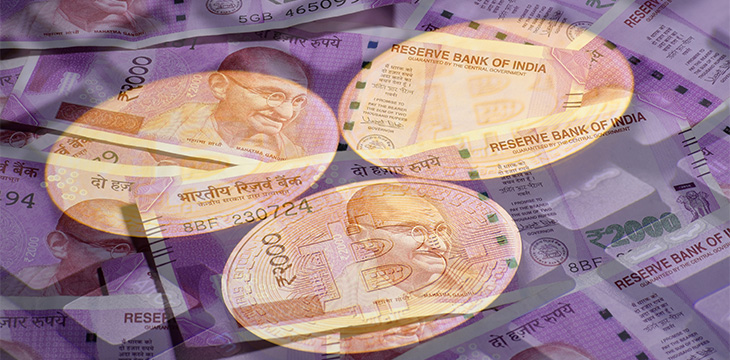|
Getting your Trinity Audio player ready...
|
India’s position on cryptocurrency continues to slide downhill. At the beginning of 2018, the country was relatively warm toward the industry, but when the Reserve Bank of India (RBI) instituted a ban on its banks that prohibited them from working with crypto companies, things got a little worse. Most recently, the founders of the Unocoin exchange were arrested and police seized the country’s first crypto ATM, which only allowed users to buy or sell cryptocurrencies with no fiat support. Now, the country is considering making it illegal to use cryptocurrencies completely.
During the recent 19th meeting of the Financial Stability and Development Council (FSDC), the subject of cryptocurrencies came up, with some arguing that “private” cryptocurrencies such as Bitcoin BCH and Bitcoin Core should not be allowed.
The country’s Press Information Bureau, on behalf of the country’s Ministry of Finance, released a statement, stating that a working group has been reviewing the topic. Another group, an inter-governmental committee that was formed to propose legal guidelines for crypto went the other direction and has suggested that a complete ban is the best course of action.
According to the press release, “The Council also deliberated on the issues and challenges of Crypto Assets/Currency and was briefed about the deliberations in the High-level Committee chaired by the Secretary (Economic Affairs) to devise an appropriate legal framework to ban use of private crypto currencies in India and encouraging the use of Distributed Ledger Technology, as announced in the Budget 2018-19.”
Per the government’s words, banning the “use of private crypto…” would mean that they could not be legally traded or be used as a form of payment. Initial coin offerings (ICOs) would no longer be allowed and any startups looking to get into the crypto space would be breaking the law. However, it might not prevent crypto enthusiasts from owning crypto—they simply wouldn’t have any way to spend it.
RBI’s banking ban has already taken a toll on the industry in the country. Several exchanges shut down, while others decided to move offshore. Last month, some exchanges restarted limited operations that saw users being able to purchase and sell cryptocurrencies through the platforms’ peer-to-peer services, but the latest from the government would seem to indicate that all exchanges will soon be looking at make a move out of the country.

 02-19-2026
02-19-2026 




